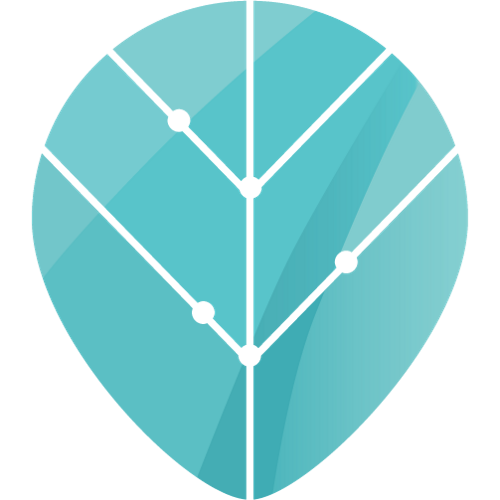With the Coronavirus pandemic changing the way we live and work, Thrive has designed specific solutions for a plethora of challenges we are faced with. As communication becomes key in this age of social distancing, the weekly Thrive Virtual Roundtable, which sees about 15 business and HR leaders from various MNCs (average organisation size of 20,000 employees) attendees, has become a hive of activity. The idea is to form an online community which comes together every week to understand the best practises and brainstorm ways to implement different aspects of work from home (WFH) culture more effectively.
When thinking about working from home, people imagine that they will be able to wake up late, work in their pajamas and not worry about traffic snarls. While this may be partially true, working remotely can affect one’s physical and mental well-being. That is why it is important for remote workers to stay active and healthy.
The second session began on a lighter note with a question on how often the men in this group were shaving to be in virtual meetings and the quip of “twice a week” (as opposed to everyday!). By the end of the discussion, this developed into one of the valuable insights of the chat as Unilever Global Wellbeing Manager Sunita Wazir shared how she makes it a point to get ready for virtual meet-ups, even if it means “wearing earrings”, that gives a sense of purpose to life in lockdown.
Dr Marcus Ranney, general manager Thrive Global (India), highlighted the need to upgrade the healthcare service mix to focus on special groups such as new and expecting parents, people suffering from chronic diseases, elderly and individuals requiring rehabilitation. “A lot of us have elderly living with us and we need to be watchful of them, more so because they are the most at risk group now,” he said.
It is important as the elderly and those who have undergone recent surgery or medical interventions have been confined to homes and the lack of movement and exercise will lead to muscle wasting, balance impairment, and eventually increase in the number of falls, fractures and complications such as clotting. “It is more important for doctors to design plans to keep them moving and active around home so that this sequence of events does not happen.”
Illustrating the efficacy of EAP, Pallavi Tandon, L&D lead, India—Expedia Group, talked about how it is helping employees talk directly with experts in these times of reduced physical access due to a switch from “a dynamic work environment to a static home environment”. “Not just employees but family members can also utilise this service,” she added. The company started training its people in physical as well as mental well-being and first-aid since the end of 2019 anticipating a health crisis. It “picked up certain people proven in providing assistance and today they are active in coming together and providing proactive assistance to those in need”.
Meanwhile, Unilever has created a resource pool which covers well-being and WFH directions in eight languages for its employees across the globe, Unilever’s Wazir shared. The learning material for this model was designed by 15 Unilever global leaders. The resources concentrate on the two-fold narrative of ‘caring for self’—how to boost immunity, good nutrition, sleep, ergonomics, the right devices, and hygiene, as well as ‘caring for others’.
The messaging from leaders, added Wazir, on how to keep fit, manage families while working from home has boosted morale. The stress is also on the importance of taking breaks and having some fun—such as pre-planned tea meetings and taking a walk around the house while on call.
Pankaj Suri, executive vice president HR, Edelman, India, spoke on how important it was to put a start and end time to your work routine as working from home might also mean “that you will end much later”. Smart workers also need to start tracking meals and snacks as well as sleeping patterns: “Don’t let the sleep train leave without you!”
Sharing a key lesson learnt on inclusion, Tandon said: “Some of us we are extremely privileged to live in certain kind of homes with accommodating families that makes it easier for us to work (from home), and hence if you are managing a team of people and you don’t understand the language of privilege, in terms of physical well-being, it becomes difficult to manage people virtually.” The idea is to recognise and coach people to have a better lockdown experience, she added.
As Suri pointed out, one can’t look for quick fixes, “we need to be committed to a healthy lifestyle” as a whole.
Here are some of the other findings from Thrive Global’s second CHRO virtual roundtable survey on the #WFH theme:
1. 40% organisations have structured time in a workday, dedicated towards employee’s physical wellness and self
2. 80% have dedicated digital resources for employees to thrive on-the-go; some of them include Learning Apps, employee assistance programmes (EAP) and online fitness classes.
3. Around 70% of these organisations offer insurance and 50% provide diagnostic services as a healthcare benefit; however, none had telemedicine or homecare services as part of their focus area yet.
4. Almost 70% of the respondents did not currently have strategies in place for high risk populations i.e diabetes, elderly or pregnancy care.
5. 35% of respondents do not have contingency plans in place to support families through illness or death.


